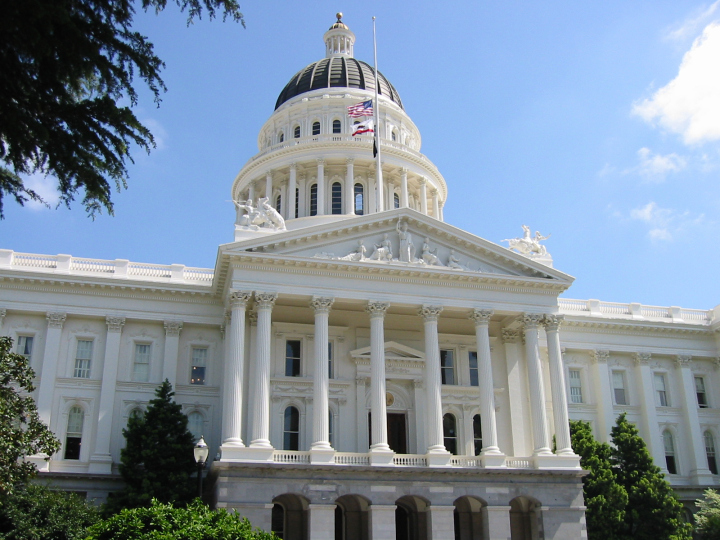In reaction to the decision in Janus v AFSCME, California is taking steps to make sure that unions will still be able to reach their members and get cooperation from public agencies in deducting union dues from employees.
Assembly Bill 119
Last year AB 119 put in place a requirement that public agency employers must provide exclusive representatives with the personal information of the employees in their bargaining unit and allow them to attend employee orientations. The law requires public employers to provide the exclusive representative with access to new employee orientations of employees it represents. It also requires that the union be given new hires, personal contact information within 30 days of their hiring.
In addition public agencies must give the union a list of all employees in the bargaining unit and the following information every 120 days:
- Employee name
- Job title
- Department
- Work location
- Work, home, and personal cell phone number
- Personal email address on file with the employer
- Home address
Employers will have to allow employees to opt out of having some of their personal information disclosed, pursuant to Government Code 6254.3, 6207 as well as case law regarding employee privacy requirements.
Senate Bill 866
Another piece of pro-union legislation, SB 866, was just signed into law by Governor Brown. It provides that employers must deduct union dues from employees at the union’s request. Also, SB 866 modifies the law with respect to communications from employers about dues deductions.
The changes to the dues deduction process are as follows:
- Employers must allow for payroll deductions for union dues;
- Any request to begin dues deductions or cancel dues deductions must be made to the union, and not the employer;
- The union is responsible for letting the employer know the amount of dues deductions for employees;
- The employer must accept the information provided by the union on dues deductions for employees;
- If a union states it has written authorization for begin deductions, it is not required to provide the employer a copy of the individual authorization unless a dispute arises about the existence or terms of the authorization.
- The union must indemnify the employer for any claims made by employees as a result of the payroll deductions.
When an employer “chooses to disseminate mass communications to public employees or applicants to be public employees concerning public employees’ rights to join or support an employee organization, or to refrain from joining or supporting an employee organization, it shall meet and confer with the exclusive representative concerning the content of the mass communication.” If the union and employer cannot reach agreement on what will be in the communication, and the employer decides to go ahead with its mass communication, it must also distribute a communication of reasonable length from the union.
